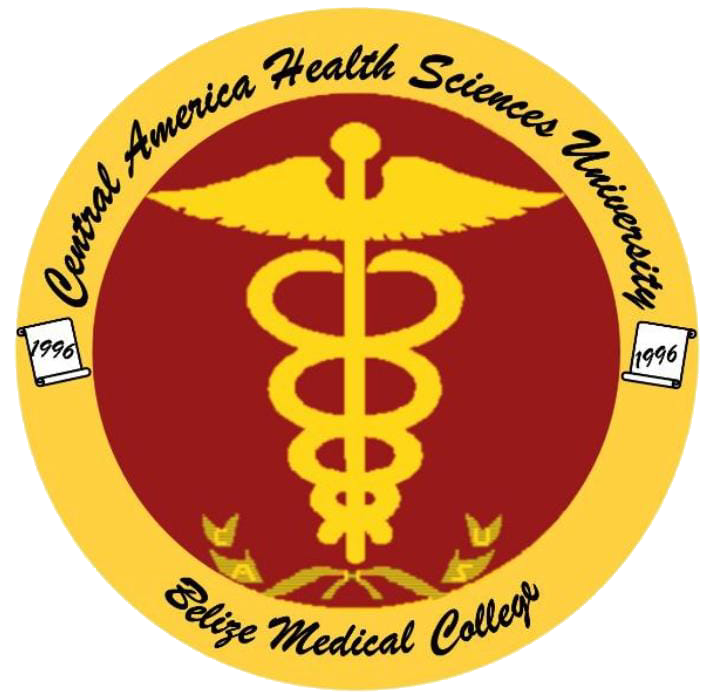FIFTH SEMESTER:
- INFECTIOUS DISEASE
- 40 HOURS
The Infectious Diseases course is designed to study in detail infectious diseases in organ systems. The biological characteristics and pathologic mechanisms of infectious bacteria, viruses, fungi and parasites are covered. Functional and clinical implications are presented in the form of relevant clinical case examples that include the use of laboratory testing for diagnosis and treatment. This course incorporates and relates material learned in the basic science courses, including histology, physiology, microbiology, immunology and pathology to the study of infectious diseases.
- MOLECULAR BIOLOGY
- 40 HOURS
The Molecular Biology course is a study of eukaryotic cell structures and functions. Special emphasis is placed on the role that biomolecules such as proteins and nucleic acids play in the molecular biology of metabolic regulation. The clinical and molecular nature of cancer is also discussed.
- CARDIOLOGY
- 40 HOURS
The Cardiology course is designed to provide students with an overview of the clinical aspects of disorders of the heart. This course incorporates and relates material learned in the basic science courses, including histology, biochemistry, physiology, microbiology, immunology and pathology to the diseases of the heart. Included in this course is an introduction to the clinical findings, differential diagnosis, treatment and prognosis associated with disorders of the heart.
- PHYSICAL DIAGNOSIS
- 80 HOURS
The Physical Diagnosis course is designed to provide students with knowledge and skills to recognize the physical signs of systemic disease. The students should then be able to do a preliminary evaluation of their finding and its relationship to the management of their patient. In the class the student learns to recognize physical signs of systemic disease while learning the techniques of a medical history and physical. This class provides an understanding of the basic techniques in procuring a medical history and in performing a physical examination of the patient. The student should then be able to organize this data and correctly assess the patient’s physical status.
- PHYSICAL DIAGNOSIS
- 80 HOURS
The Physical Diagnosis course is designed to provide students with knowledge and skills to recognize the physical signs of systemic disease. The students should then be able to do a preliminary evaluation of their finding and its relationship to the management of their patient. In the class the student learns to recognize physical signs of systemic disease while learning the techniques of a medical history and physical. This class provides an understanding of the basic techniques in procuring a medical history and in performing a physical examination of the patient. The student should then be able to organize this data and correctly assess the patient’s physical status.
- FORENSIC MEDICINE
- 40 HOURS
The Forensic Medicine course is an overview of medicolegal death investigation from the perspective of the forensic pathologist. The curriculum delves into the substance and mechanics of forensic pathology dealing with natural disease, blunt force trauma, sharp force trauma, gunshot injuries, chemical injuries, child deaths, and many other essentials of forensic medicine.
- UROLOGY
- 20 HOURS
The Urology course is designed to provide students with an overview of the clinical aspects of disorders of the genitourinary tract. This course incorporates and relates material learned in the basic science courses, including histology, physiology, microbiology, immunology and pathology to the understanding of the basis and clinical implications of blood disorders. Included in this course is an introduction to common clinical presentations, differential diagnosis, treatment and prognosis associated with disorders of the genitourinary tract.



